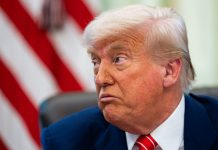Security in the Indo-Pacific has been in news in recent times. There are multiple players involved in this geostrategically and economically important region.
Owing to its high stakes in the Indo-Pacific, France has emerged as one of the most active European nations in the region. It has especially grounded itself in bilateral and multilateral defense cooperation pacts. Paris’ talks with Tokyo this week highlight the same.
France, Japan Deepen Ties
In a virtual “two-plus-two” security ministerial meeting that took place last week, Japan and France agreed to embolden their cooperation in the Indo-Pacific region.
The foreign and defense ministers from each country — Yoshimasa Hayashi and Nobuo Kishi from Japan, along with their counterparts Jean-Yves Le Drian and Florence Parly from France — were involved in the talks.
“The four ministers affirmed their commitment to promoting cooperation to contribute to the rules-based, free and open Indo-Pacific,” the ministers noted in a joint statement that was released after their meeting.
They also relayed their “serious concerns” over the situation in the East and South China seas — a reference to Beijing’s growing assertiveness in the region, including active posturing around the Japanese-administered Senkaku Islands, which China calls Diaoyu and claims as its own.
Japan ?? | Meeting yesterday between @JY_LeDrian, @florence_parly and their Japanese counterparts, Yoshimasa Hayashi, Minister for Foreign Affairs, and @KishiNobuo, Minister of Defence. pic.twitter.com/52DThRmTgr
— France Diplomacy???? (@francediplo_EN) January 21, 2022
Additionally, both the countries also expressed their concerns over North Korea’s weapons development, the concerns regarding which have been on the rise since Pyongyang’s ballistic missile launches in the past two weeks.
While Japan has been backing the vision of a “free and open Indo-Pacific” as a counter to the rising assertiveness of China in the maritime domain, France is seeking to look after its strategic interests in the region.
The joint statement also noted that the two governments should start discussing a potential framework to liberalize restrictions on the transportation of weapons and supplies for joint training.
The Strategic Importance Of The Indo-Pacific
The Indo-Pacific region consists of at least 38 countries. Together, these nations share 44 percent of the world’s surface area and 65 percent of its population. They account for 62 percent of world GDP and 46 percent of the world’s merchandise trade.
Owing to the forces of globalization, and the consequent “maritimization”, the Indo-Pacific has come to highly rely on the free circulation of raw materials and consumer goods. This is the primary reason behind maritime security being such a critical issue not just for regional nations, but also for the entire globe, argue Jérémy Bachelier and Eric Frécon in their article published in The Diplomat.
The maritime security in the Malacca Strait and the Singapore Strait, alongside tensions in the South China Sea and the Bay of Bengal remains crucial here.
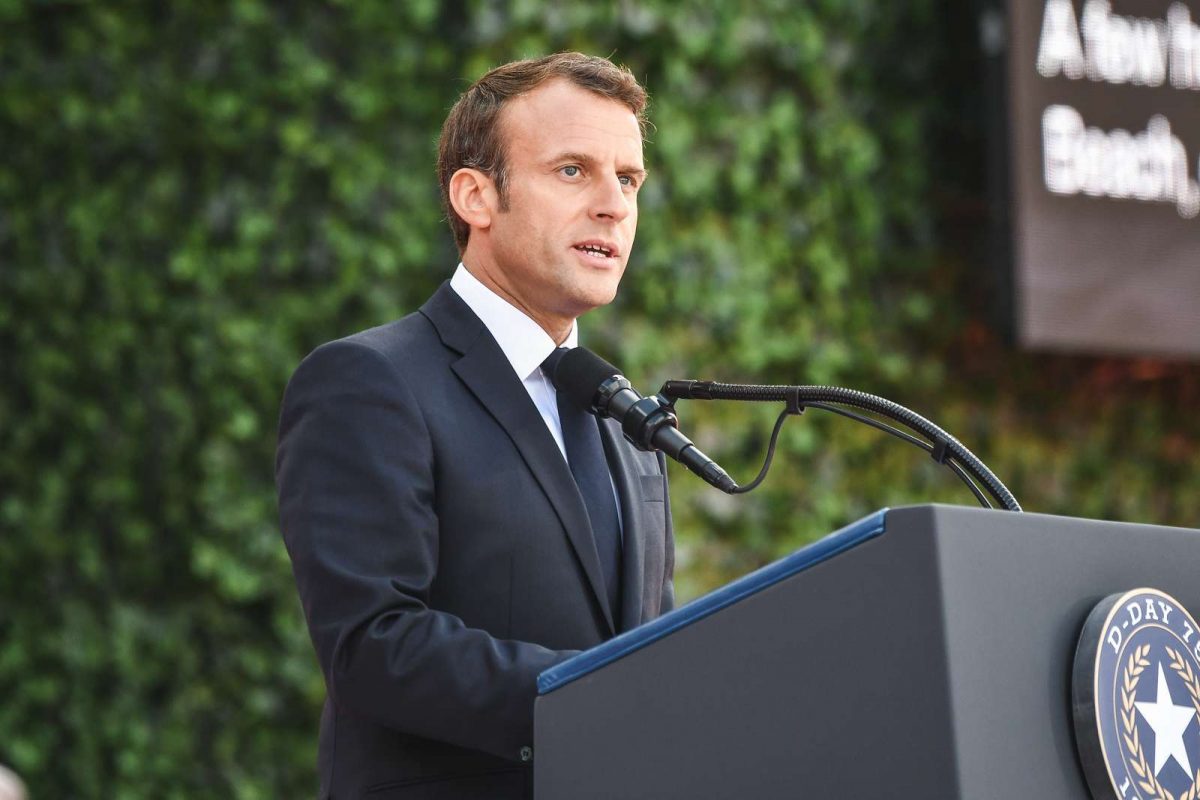
Speaking about France’s interest in the Indo-Pacific, former Indian Ambassador to Germany, Indonesia, Ethiopia, ASEAN, and the African Union Gurjit Singh, told The EurAsian Times, “France’s posturing in the Indo-Pacific is not new at all. Their policy regarding the region has existed since 2018. It is the most potent of the EU members in terms of its Indo-Pacific policy. It has consistent participation in the Indo-Pacific theater due to its island territories and other assets.”
There is a very large number of French assets operating in the Indo-Pacific. This includes around 1.5 million French people living in territories such as the Reunion Island and French Polynesia, 8,000 military personnel, close to 15 warships, and 40 aircraft — all stationed here.
There is an extensive diplomatic and defense network in this area, comprising 18 defense attachés accredited in 33 countries, which contributes to the French maritime domain awareness. 93% of Paris’ exclusive economic zone (EEZ) is located in the Indian and Pacific Oceans. This area has stolen the spot of the center of gravity of the global economy from the Atlantic region.
Dr. Manoj Babu Buraga, Associate Fellow, the European Union and Indo-Pacific Cluster at the National Maritime Foundation told The EurAsian Times, “France’s possession of valuable military assets such as its pre-positioned troops, and other capabilities in its bases at La Réunion, Mayotte, Djibouti, and the UAE have created an interlocking French quadrilateral that covers the Southwest Indian Ocean as well as the Sea Lanes of Communications (SLOCs) in the region. Additional military facilities in French Polynesia and New Caledonia complement this European country’s quadrilateral strategic nodes.”
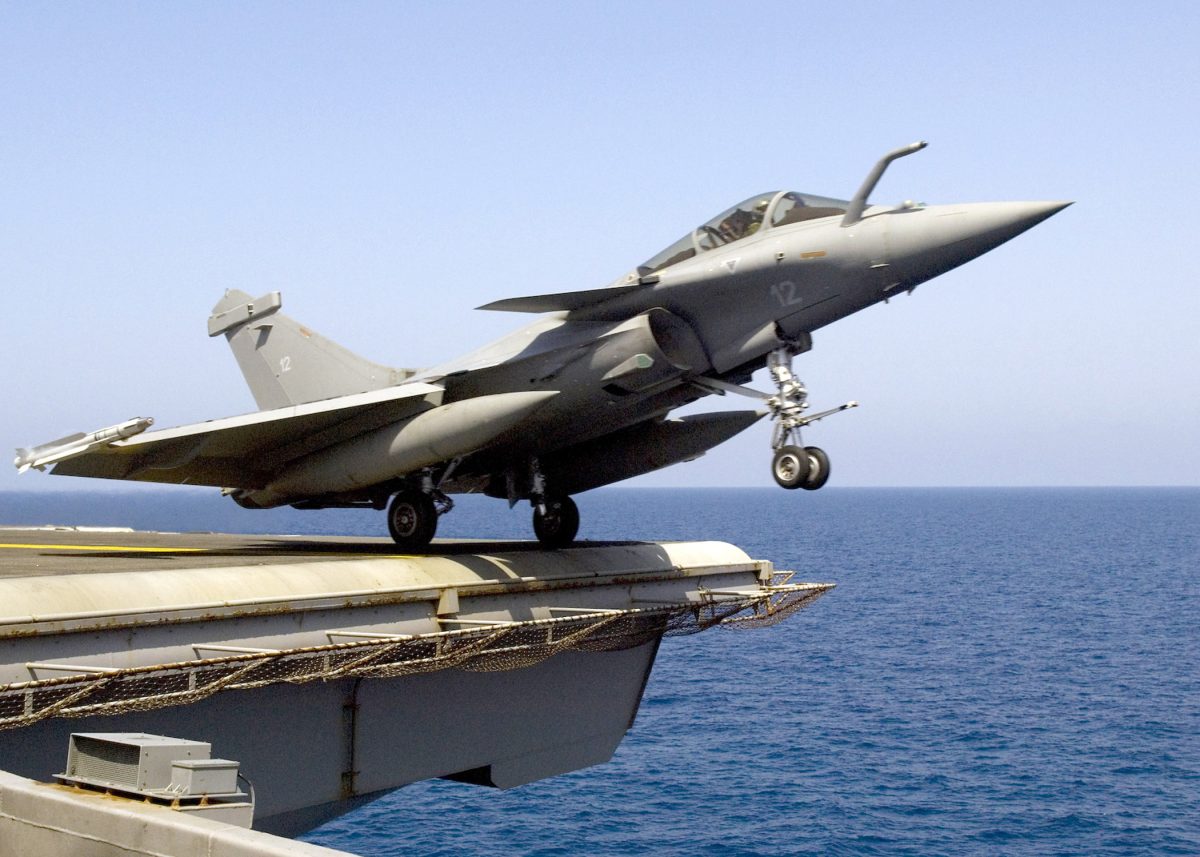
France’s Defense Strategy In The Region
“The French White Paper on Defense and National Security had proposed that the Indo-Pacific region, stretching from the Atlantic to the Indian Ocean, should become the country’s ‘priority geographic axes’ and ‘key zone of interest.’ It called for a greater concentration of Paris’ military presence in that area so as to protect the French national interest,” Buraga added.
Improving the regional military balance in the Indo-Pacific is the first pillar of France’s policy in the Indo-Pacific. Over the past few years, it has significantly deepened its strategic partnerships with countries such as Australia, India, Japan, South Korea, Indonesia, New Zealand, and Singapore. Paris does this largely through arms cooperation, enhanced information sharing, or joint maritime exercises.
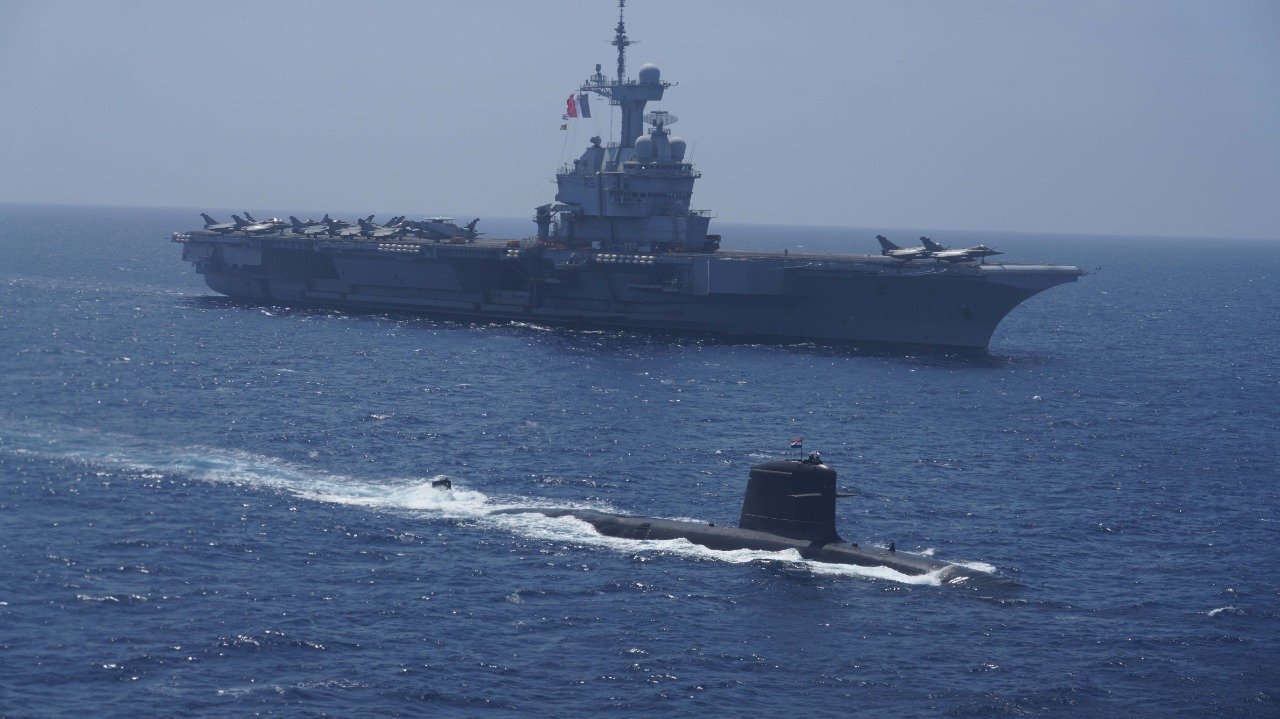
The French overseas territories host military bases and capabilities which in turn allow the country to secure their “sovereign territories as well as the commons around them”. They also smoothen military cooperation and regional integration.
The French armed forces not only contribute to “the stability of areas that are relevant to [France’s] security interests”, but also provide safety guarantees to Paris’ allies and partners in the region, maintaining military cooperation based on reciprocal interests.
The objective of the partnerships formed by France in the Indo-Pacific is to facilitate joint deployments. Singh, who is also the Chair of the CII Task Force on Trilateral Cooperation in Africa, added, “France uses its island territories to conduct regular drills and patrols in the region. Its base in Djibouti in Africa also provides a tactically important location. The country’s interactions in the region are quite focused on bringing in defense deals for the French industry.”
“Even in the case of the QUAD grouping, which has been focused on the region longer than Paris, France has been increasing its involvement since it has realized that being associated with QUAD would be quite beneficial. While it has recently had some tensions with Australia — a big country in the region — that is largely because of the AUKUS submarine deal, having less to do with the Indo-Pacific strategy itself,” he noted.
The other pillar of France’s policy in this region relates to bilateral and multilateral partnerships.
Multilateralism And Role Of EU
Singh noted that France is heavily inclined towards multilateral relations in this region. He explained the reason for this, saying that “while France does not want China to have complete influence in the Indo-Pacific, it also does not want the US to dominate the region.
Reflecting this multilateral approach, France has enhanced its posture and become a member of the Indian Ocean Rim Association (IORA)“. Besides IORA, France has also joined other regional fora such as the South Pacific Defense Ministers’ Meeting. It is also taking part in coalitions with partners that share its values.
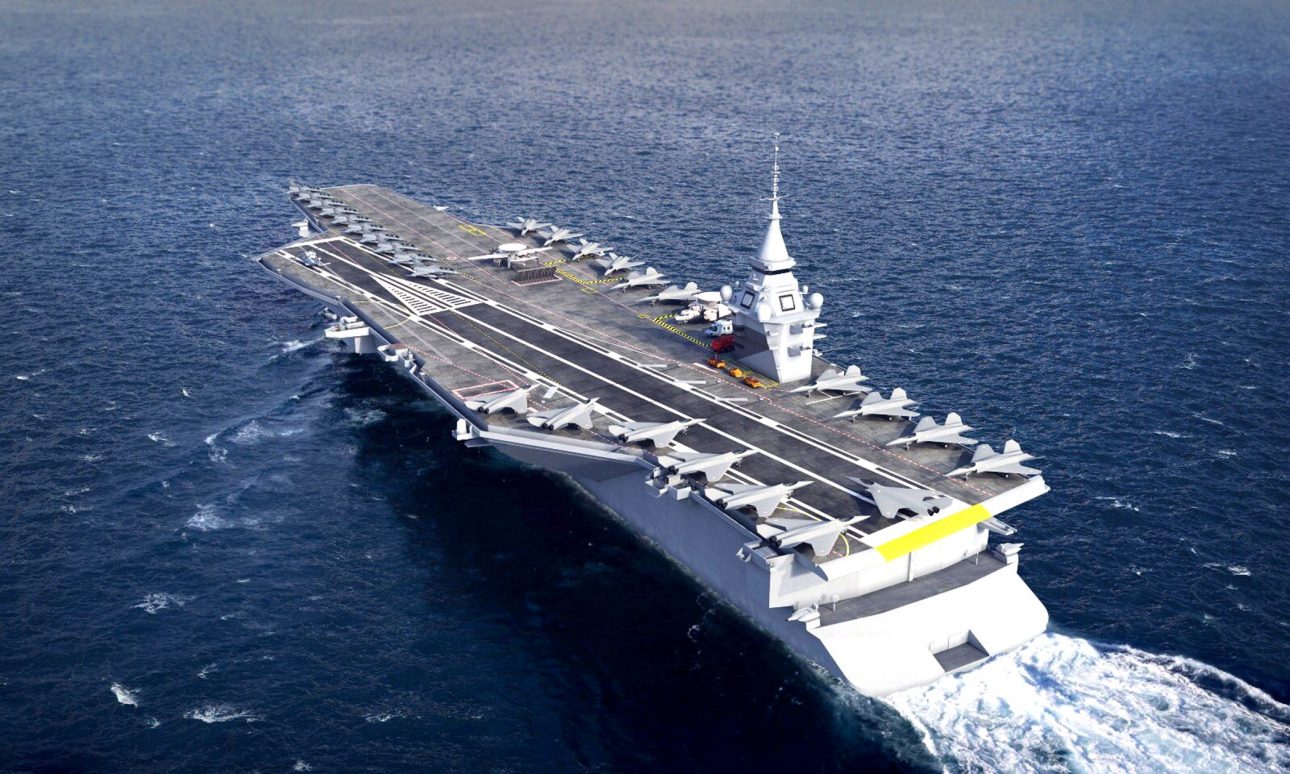
In an article for the Center for Strategic and International Studies, Pierre Morcos opined that France is worried about China’s “assertive attitude”. Yet, the European nation is focusing its efforts on striking an equilibrium. To that end, the attempt is to balance against China while trying to also avoid an escalatory posture towards it.
The third pillar of action in France’s policy is its active support of Europe’s engagement in the Indo-Pacific. It has contributed to the increased presence of the EU in regional fora.
In this regard, Buraga noted that “France has already declared its intention to lead the European patrol operations in support of freedom of navigation”, which is seen to be in coherence with the EU’s support for a rules-based international order.
On this, Singh, said, “France is one EU country that is not hesitant to adopt EU+ policies on issues of importance, particularly towards India.”
- Contact the author at: shreyya.mundhra@gmail.com
- Follow EurAsian Times on Google News

